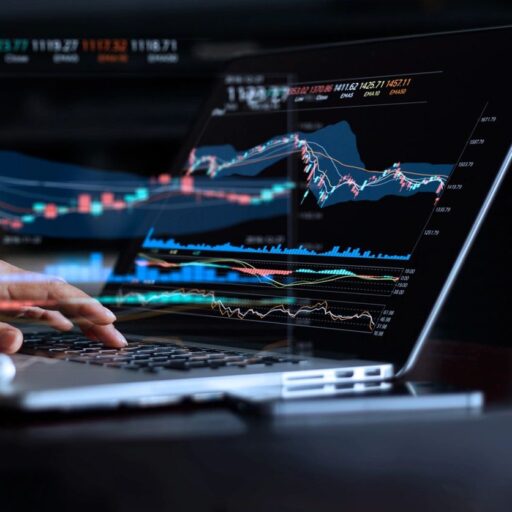Author: Curt Melonopoly
Discounts
New Year Deals
9 discount codes (only) for each item listed are available, when they’re gone they’s gone.
Compound Trading Group
50% Discount on Active Trader Package use code “DEAL” at Check Out
https://compoundtrading.com/product/alerts/
50% Discount on Non Active Trader Package. Use Code “Deal” at Check Out.
https://compoundtrading.com/product/compound-trading-group-swing-investor/
50% Discount on Private Trade Coaching. Use Code “Deal” at Check Out
https://compoundtrading.com/product/entry-one-on-one-trade-coaching/
50% Discount on 5 Day Master Trader’s BootCamp. Use Code “Deal” at Check Out
https://compoundtrading.com/product/trader-bootcamp-january-20-25-2025/
EPIC Crypto Apes
50% Discount on Active Trader Package use code “DEAL” at Check Out
https://compoundtrading.com/product/epic-crypto-apes/
50% Discount on Non Active Trader Package. Use Code “Deal” at Check Out.
https://compoundtrading.com/product/non-active-trader-swing-trade-investor-crypto/
50% Discount on Private Trade Coaching. Use Code “Deal” at Check Out
https://compoundtrading.com/product/trade-coaching-package-crypto/
50% Discount on 2 Day Trader’s BootCamp. Use Code “Deal” at Check Out
https://compoundtrading.com/product/trader-bootcamp-january-29-30-2025-crypto/
EPIC Oil Barons
50% Discount on Active Trader Package use code “DEAL” at Check Out
https://compoundtrading.com/product/subscription-active-trader-package-crude-oil/
50% Discount on Non Active Trader Package. Use Code “Deal” at Check Out.
https://compoundtrading.com/product/subscription-non-active-trader-swing-trade-investor-oil/
50% Discount on Private Trade Coaching. Use Code “Deal” at Check Out
https://compoundtrading.com/product/trade-coaching-package-oil/
50% Discount on 2 Day Trader’s BootCamp. Use Code “Deal” at Check Out
https://compoundtrading.com/product/crypto-trader-bootcamp-february-1-2-2025/
RECENT POSTS:
EPIC Machine Learning Software ROI is here: https://compoundtrading.com/performance/
EPIC Machine Learning White Paper Here: https://compoundtrading.com/epic-machine-learning-trade/
Compound Trading Group BootCamp is coming up! https://compoundtrading.com/product/trader-bootcamp-january-20-25-2025/
EPIC Crypto Apes BootCamp is coming soon after! https://compoundtrading.com/product/trader-bootcamp-january-29-30-2025-crypto/
AND I will be doing a mini BootCamp for Oil also, which was very popular last time (a few years back) https://compoundtrading.com/product/crypto-trader-bootcamp-february-1-2-2025/
